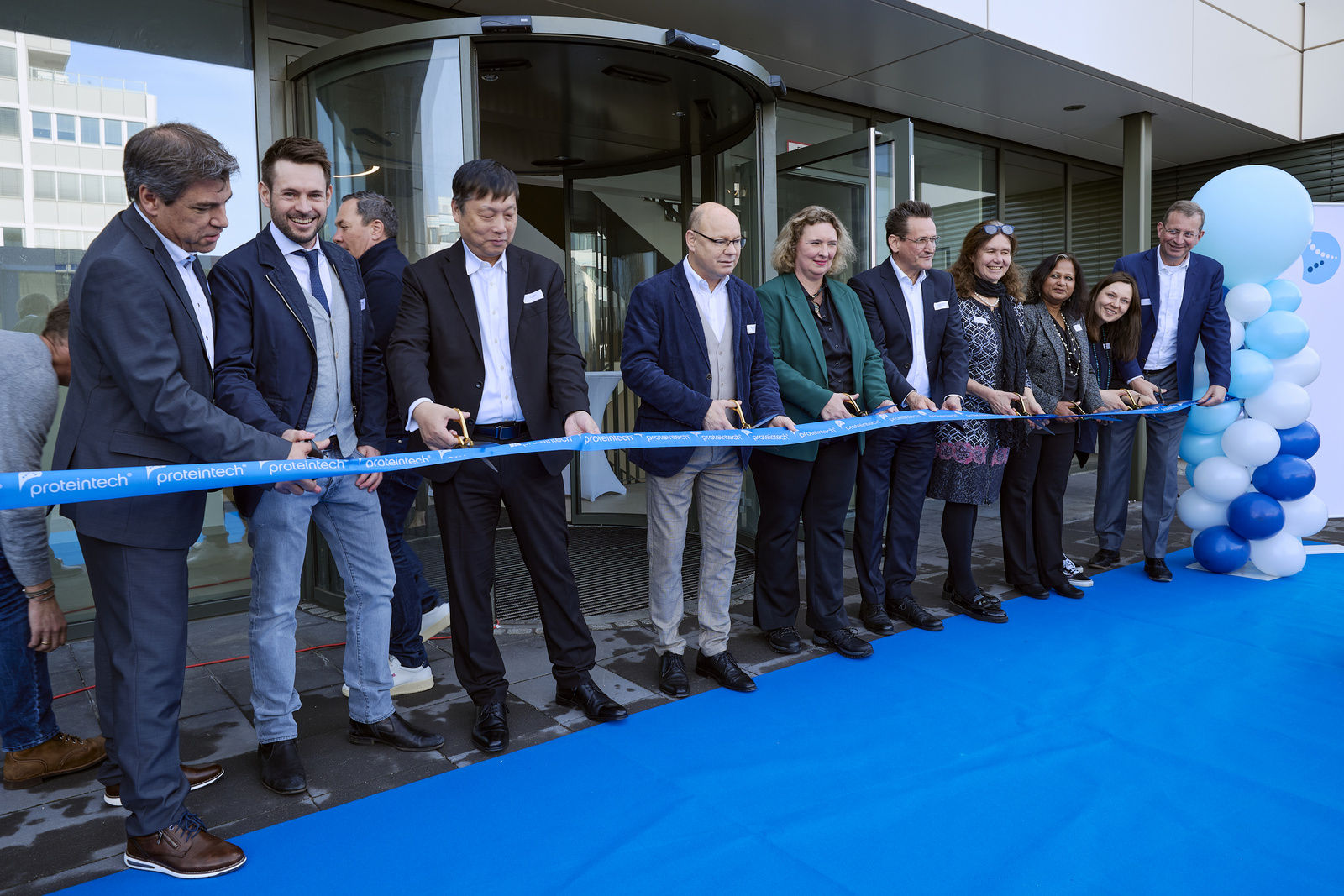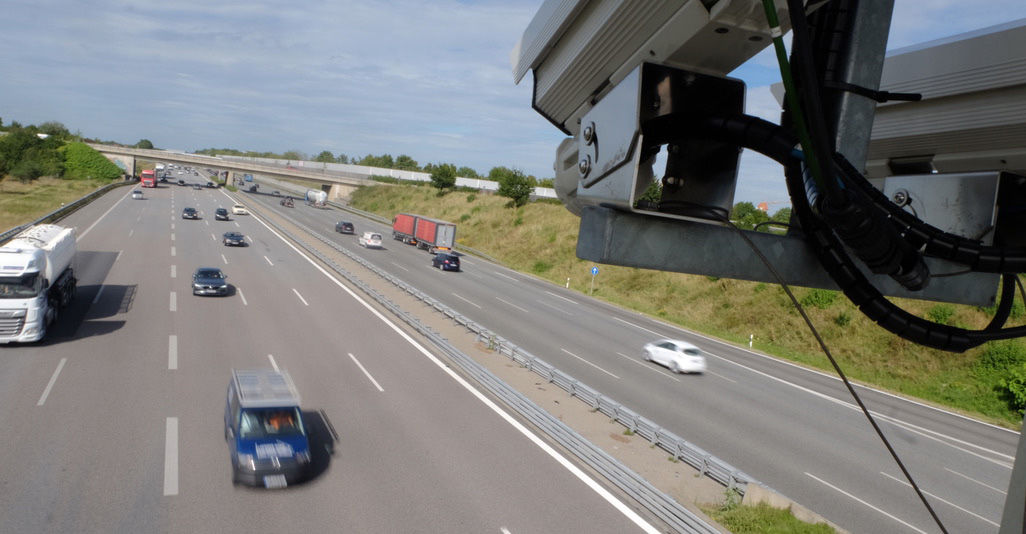- Startseite -
- Digital Bavaria -
- Blog #bytevaria - Bavaria: A Testbed for the Future of Mobility
Bavaria: A Testbed for the Future of Mobility
Imagine driving on the Autobahn and your GPS not only tells you when to turn and how to avoid traffic jams, but actually micromanages your journey by telling you when to change lanes, speed up or slow down and issuing warnings to prevent accidents. Since all drivers around you are being micromanaged by the same system, traffic moves smoothly and driving is comfortable. Both traffic jams and accidents are drastically reduced.
Providentia ++ uses 5G for a digitally enhanced highway
The consortium behind this project is called Providentia++. It constitutes true cross-industry collaboration partnering with the Technical University Munich, Intel, Valeo (automotive supplier), Fortiss* (Bavarian R&D institute for software intensive systems), Elektrobit (expert for automotive software systems) and Cognition Factory (digital twin solutions), as well as associated partners such as 3D Mapping Solutions GmbH, Siemens Mobility and Huawei.
“Providentia” derives from an acronym formed by the German words for “Proactive Video-Based Use of Telecommunication Technologies in Innovative Traffic Scenarios”. Providentia is also the Roman goddess of providence and care, an appropriate name given that the project’s vision is “to build solutions for safe, connected driving on digitally-enhanced roads”.
In 2020, the TU Munich took over the consortium leadership of the Providentia++ research project from fortiss. Since then, the test field has been expanded by five to now seven sensor stations. The Chair of Robotics, Artificial Intelligence and Embedded Systems is in charge, in which various national and international research projects in mobility such as robotics are being advanced in cooperation with companies from industry - including the Human Brain Project, ESMERA, REMODEL and the CiLoCharging project, in which e-mobility in logistics is being researched.
fortiss is the research institute of the Free State of Bavaria for software-intensive systems and services with headquarters in Munich. The staff members collaborate on research, development and transfer projects with universities and technology companies in Bavaria, Germany and Europe. Research is focused on state of the art methods, techniques and tools of software development, systems & service engineering and their application to cognitive cyber-physical systems, such as the Internet of Things (IoT).
A digital twin enables more efficient & safer driving
On the current 3,5km testbed, which also includes a roadway close to the Autobahn in a more urban setting, Providentia’s high performance sensors collect real time traffic data. This is then fed into a digital twin, a complete virtual representation of the actual traffic environment. This digital twin simulates the ongoing flow of traffic, detects potential problems and provides warnings and advice to drivers via a powerful 5G connection. An app based on this digital twin will provide drivers with a comprehensive picture of the surrounding traffic environment in real time.
Testing autonomous driving and platooning on the A9 Testbed
Providentia ++ is just one of many projects getting a head start on the A9 Digital Motorway Testbed, launched in 2015 just outside of Munich. Many other companies and research groups are running tests here in areas as diverse as autonomous driving or platooning. The latter connects trucks with a 5G connection, allowing them to drive closely together in unison to enable greater driving comfort while reducing fuel consumption through slipstream driving.
Digital Motorway Testbeds succeed due to cross-industry collaboration
But given Bavaria’s long tradition as an automotive innovation hub, it comes as no surprise that a wide variety of mobility test tracks can be found here.
Ingolstadt is also forging ahead with the "5GoIng" project, working on the further development of automated and connected mobility based on 5G technology. The project has just recently received a new funding from the Federal Ministry of Digital Affairs and Transport (BMDV).
After the conception phase, the project goes now into implementation. The starting point is the urban test field for connected and automated driving IN²Lab, which connects the "Digital Test Field Motorway" on the A9 with the high-tech hub IN-Campus.
Once again, a cross-industry team is collaborating on this project, including Ingolstadt University of Applied Sciences, the Fraunhofer Application Centre IVI, ZERO GmbH, a start-up developing dynamic lighting control, and LiangDao GmbH, a Sino-German technology company and provider of LiDAR system solutions, at the same time specialising in AI-based real-time data processing for traffic object recognition and tracking for smart city and autonomous driving.
Munich tests autonomous driving in urban and suburban environments
Two projects in Munich, EASYRIDE and TEMPUS, are also offering real-life testing opportunities. EASYRIDE explores the impact of autonomous driving on urban traffic and includes the project partners Stadtwerke München (the local utilities company), BMW Group, MAN Truck & Bus, several universities and other specialist partners. The TEMPUS project, started in 2021, extends testing opportunities to the outskirts of Munich. To do this, 22 traffic intersections on the B13 and B471 federal highways in the suburban areas of Unterschleissheim, Oberschleissheim, Garching-Hochbrück and Lohhof are being equipped with modules for data transmission. These will cause traffic lights to change in such a way as to create a "virtual green wave" for autonomous vehicles.
Elsewhere, testing facilities focus on autonomous driving. At Munich airport, for example, Argo AI, one of the world's leading companies in the field of autonomous vehicle technology headquartered in Pittsburgh, USA, has just inaugurated a 55,000 square meters test track. In the city of Kronach, a project testing driverless bus transport is already carrying passengers.
Real-life testing in Bavaria validates mobility concepts
Experts emphasize that it is crucial to test new mobility concepts in real life environments. They also point out the usefulness of collaboration between universities and industry, start-ups and established players, and across different industries such as the automotive and telecommunications.
Simply put, this shows that the Bavarian testbed infrastructure is ideal for successful cross-industry innovation.
Photos: ©TU München

Chicago/Planegg-Martinsried: the US-based Proteintech Group triples the size of its site in Bavaria – with a key focus on research & development, production and logistics

From hydrogen to chip design – how cross-industry innovation creates business opportunities for foreign investors in Bavaria

